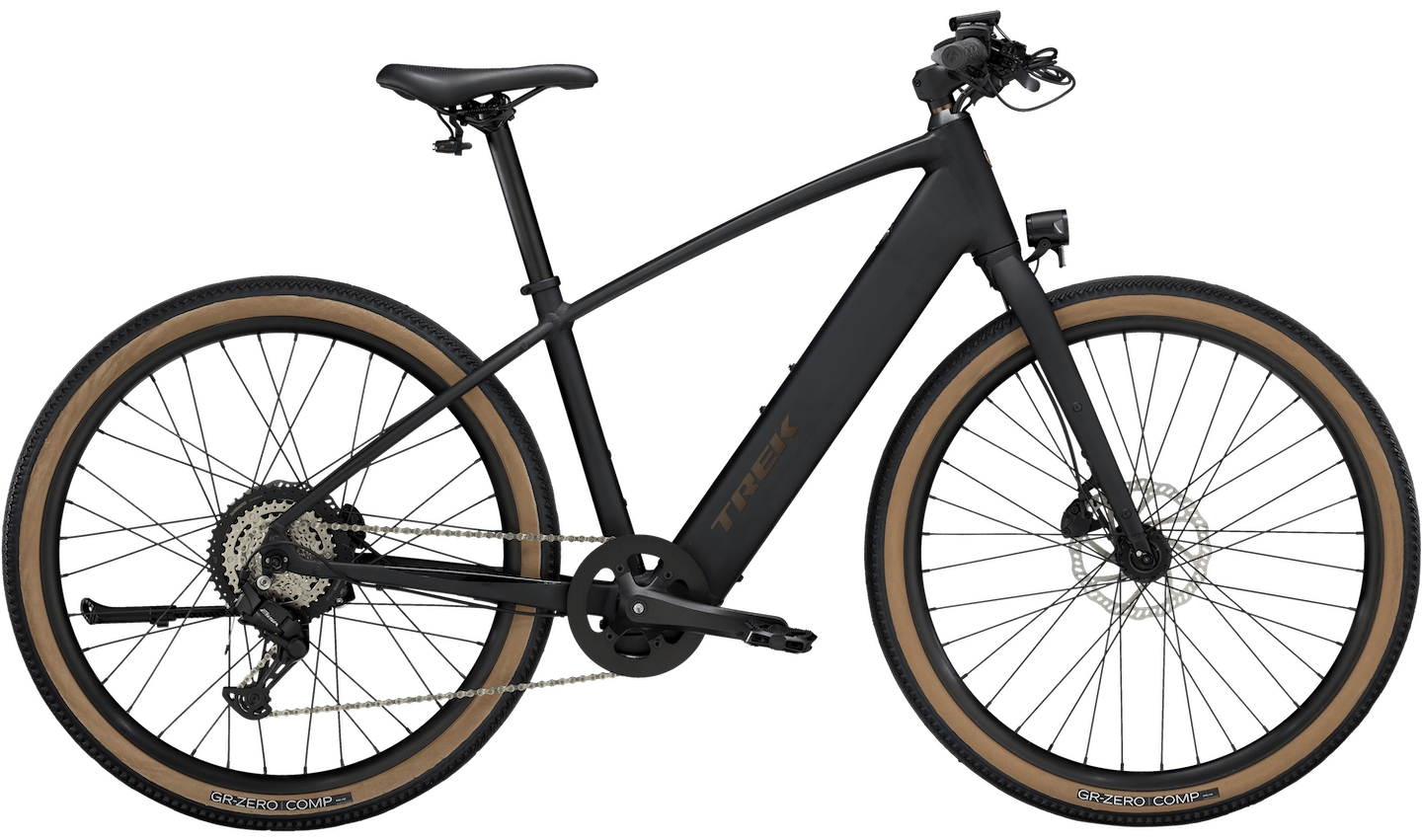September 8, 2021 - Following the announcement of the Copenhagenize Design Company’s first Master Class in Montreal, also a first in North America, eBikes International caught with Michael Seth Wexler, Managing Director at Copenhagenize Canada, for an inside look at how the renowned firm helps design cycling cities around the globe.
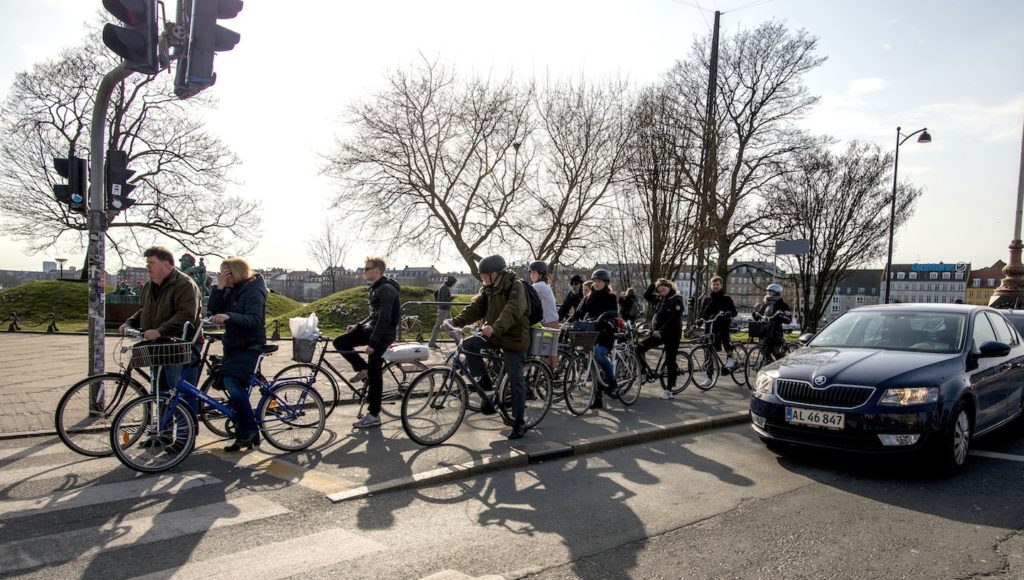
Headquartered in Copenhagen, with offices in Paris and Montreal, the company was founded by Dutch-Canadian, Mikael Colville-Anderson, who started a blog in 2007 about bike-centric design as one of the best ways to combat climate change by getting people out of cars and onto bikes.
The novel initiative quickly grew into a consultancy by 2009. With a vision to make the world as bicycle-friendly as possible, the team at Copenhagenize hopes to inspire other cities to create and develop a local cycling culture using the unique infrastructure, ideas and dynamics that have recognized Copenhagen as an urban cycling leader.
Their work focuses on urban planning and design, with projects ranging from redesigning city streets, to large campuses, or even entire regions. Their clients are primarily in the public sector and include city, municipal and regional governments that regulate public space. They also develop communication campaigns to promote cycling or combat bike-lash resulting from negative press, along with research and education.
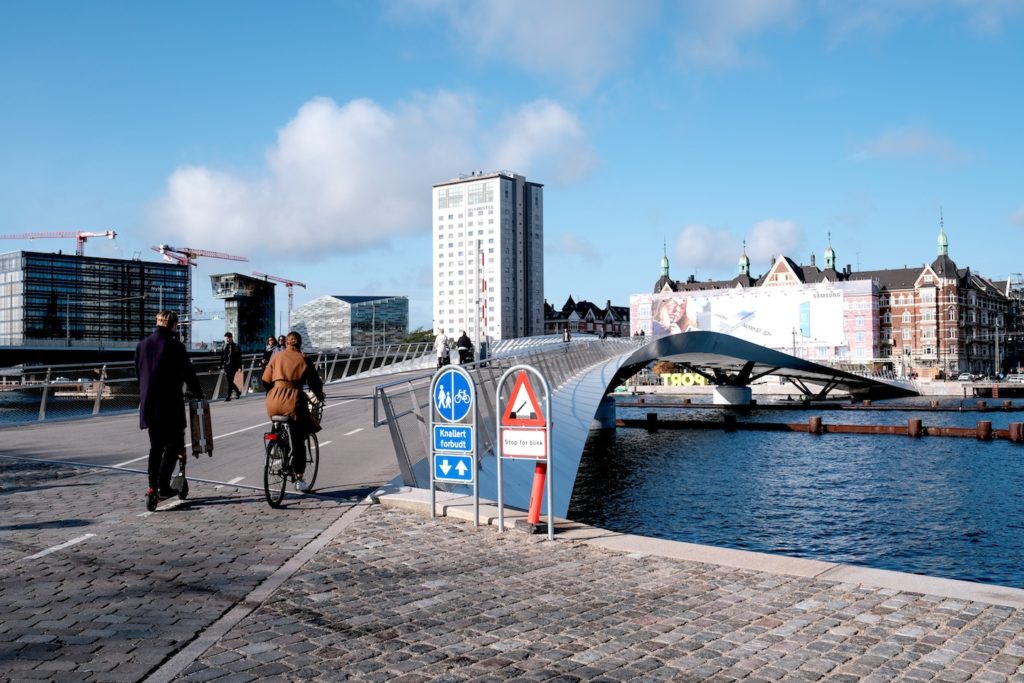
“The silver bullet is infrastructure,” says Wexler. “We need bike networks that are highly connected and safe.” It’s really no different from what’s currently in place for cars. “There are networks of streets and roads of all sizes, from small arterial roads to large highways for cars,” continues Wexler. “The same is needed for bicycles.”
“There isn’t a city in the world with a strong bike network, that doesn’t have a lot of cyclists,” asserts Wexler underscoring the notion that when you build it they will come. Yet when it comes to pivoting a city designed for cars, to one that’s more bike-centric, don’t expect it to happen overnight, he advises.
“Other soft infrastructure is needed…things like education and awareness, to bring (new) people into the fold,” he describes. Political shift is also required and Wexler sees this happening now, alongside the generational shift that’s taking place in politics. Younger people who understand and support cycling are getting into power. They understand that their father’s Oldsmobile isn’t the future of transportation.
For Wexler electric bikes are great but cycling infrastructure is the real game changer for cities. “Personally I don’t think e-bikes themselves are game changers,” says Wexler. “If the infrastructure isn’t there, it won’t matter.”
He agrees that e-bikes can certainly take access to a new level but the safety associated with good infrastructure is paramount. “If someone on an e-bike still feels insecure they won’t be inclined to ride,” continues Wexler. “The infrastructure comes first, but in hilly and hotter cities where cycling can be less appealing, e-bikes open up demographic shifts – this is where they can be game changers.”
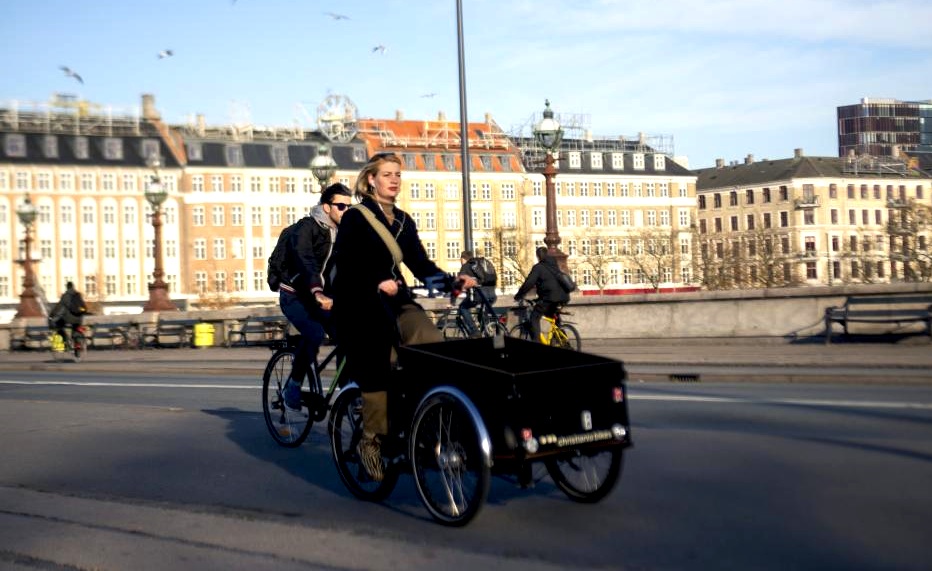
In fact, according to Wexler, cargo bikes are the biggest game changers with respect to sustainable transportation. On the rise for commercial and personal use, cargo bikes are a big part of the Copenhagenize strategy for bike-centric solutions.
“They (cargo bikes) are a very important piece of what we offer,” says Wexler, adding that due to their diversity and carrying capacity, e-cargo bikes are the “SUV of the bicycle kingdom.”
So have the pandemic and climate change made the phone ring off the hook for consulting agencies like Copenhagenize? This hasn’t really been the case replied Wexler adding, “Being small and niche, we’ve always had demand from cities that really want to do things differently.”
They also don’t accept small projects like “painted lanes” or others that could simply be placating a trend. “We are really selective about our clients and want to create big transformational change,” explains Wexler. “The phrase ‘sustainable transportation’ is often being thrown around without substance. There’s plenty of green washing in the transportation industry.” He’s concerned about “new electronic garbage” associated with EVs (electric vehicles) which do little to help improve traffic, congestion and land use.
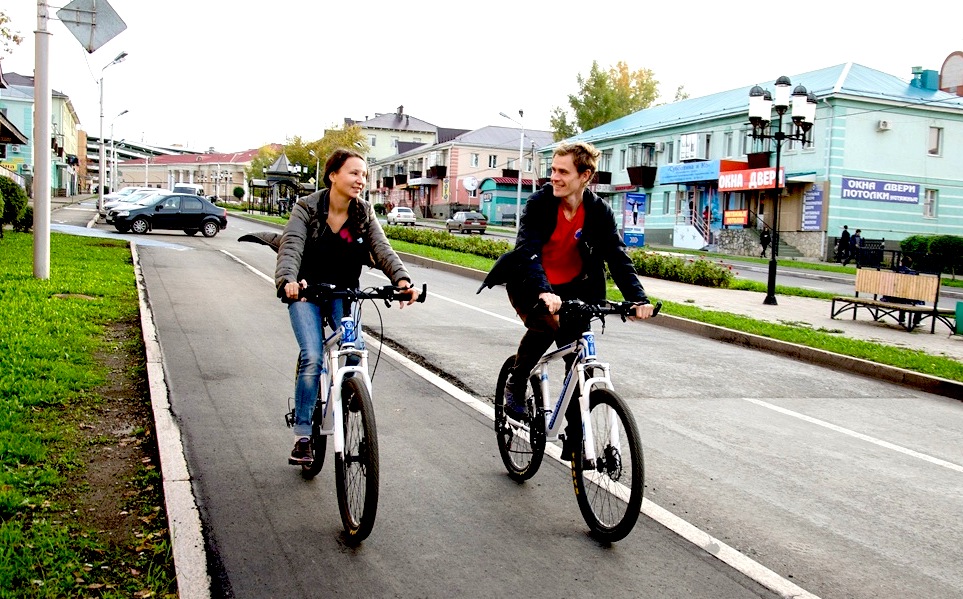
When it comes to clients doing big transformational things, Wexler’s list is long, but cites the small Russian city of Almetyevsk, with a population of only 150,000, as his most memorable. “We’ve been lucky to do some crazy projects,” recalls Wexler. “The mayor wanted Almetyevsk to be the Copenhagen of Russia.”
With an ambitious goal of building 50 kilometres of protected bike networks in just one year, Wexler was astonished that they’d already covered 70-80% of residential and commercial areas only 10-months into the project. Moving at amazing speed, this small but mighty city in the middle of nowhere, is now being used as a case study of what’s possible.
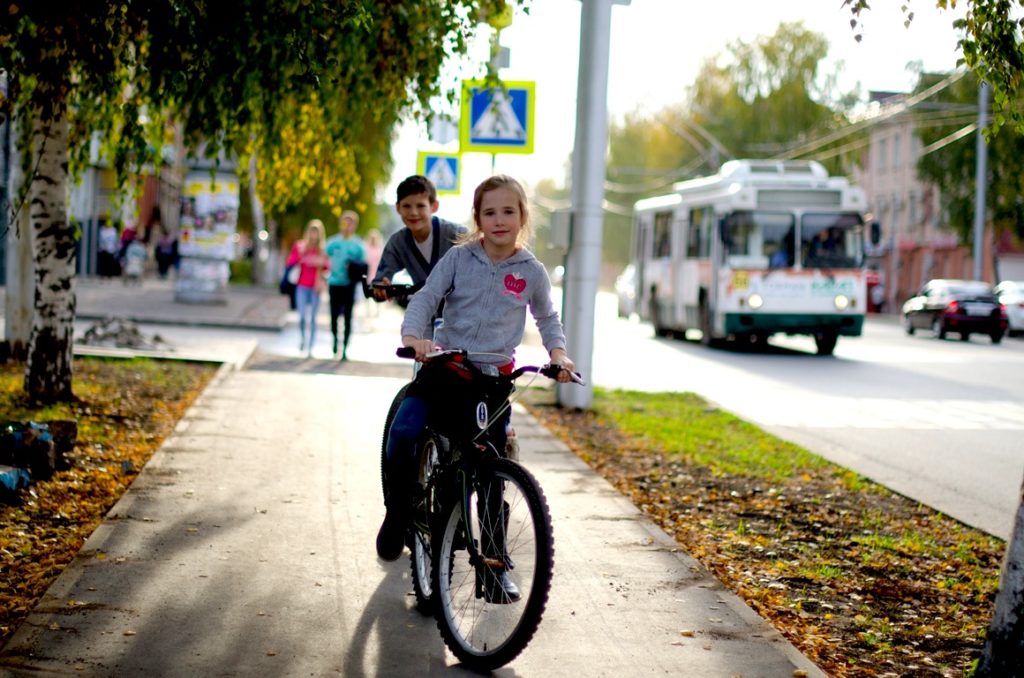
In 2015 Copenhagenzie launched its Master Class program to inspire even more cities to create transformational change. Running once or twice a year, the program is geared to urban planners that strive to drive change in their home cities. Using Copenhagen as a real life case study – a so-called master in its class – attendees learn about how the various aspects of transformation can be applied at home.
Montreal was chosen to host the 2021 event from September 22-24, a first in North America, for two main reasons beyond the idea that the city more closely resembles attendees own Canadian or US city making for easier adaptation of a European model.
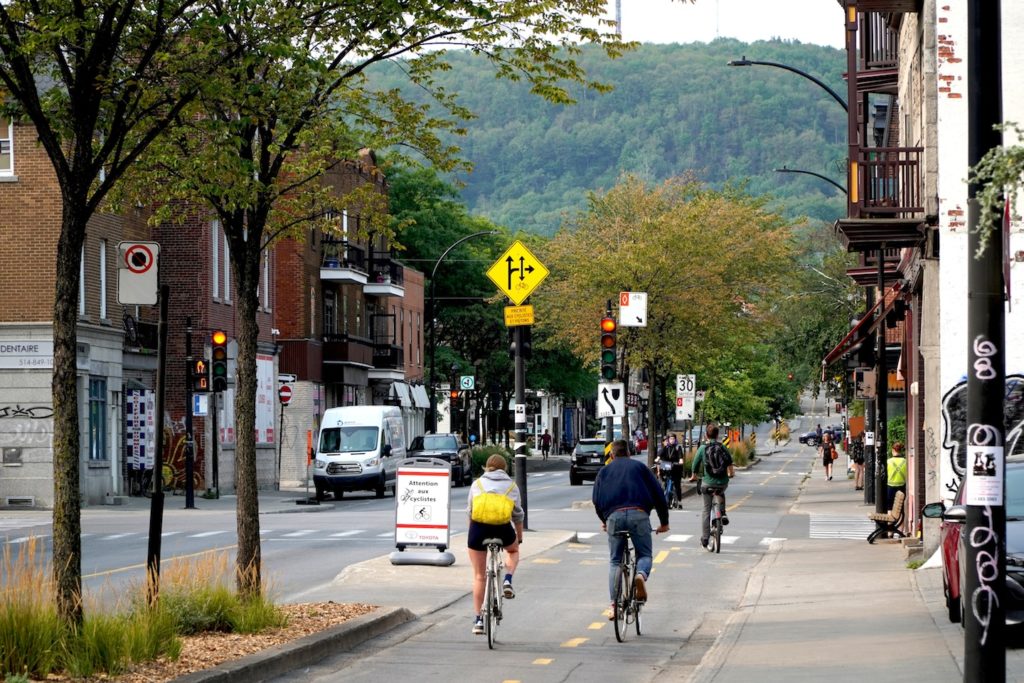
First, Montreal’s recent Express Bike Network (Le REV), is a project that calls for the creation of 184 kilometres of bike paths across the entire city, including 17 paths that will be accessible year-round. Mostly built in less than a year, the network has five axis of protected arterial bike corridors wide enough to accommodate cargo bikes and slower riders. It’s the perfect example of what’s possible in a cold, sprawling North American city. “The city was able to get their act together and make it happen bringing out thousands of riders, ” exclaims Wexler.
And second, Montreal has this “je ne sais quoi” about it. “There’s just something we see in people cycling in Montreal,” continues Wexler. “Like the grannies out riding, not just the spandex clad, rain protected cyclists we see elsewhere.”
In many cities, you’re either a cyclist or you’re not but in Montreal, the spirit is monsieur, madame, tout la monde. We’ve forgotten the joy of riding a bike, but suddenly if you build really good infrastructure people fall in love with it again. “There’s something very human about riding a bike,” Wexler adds with a laugh.
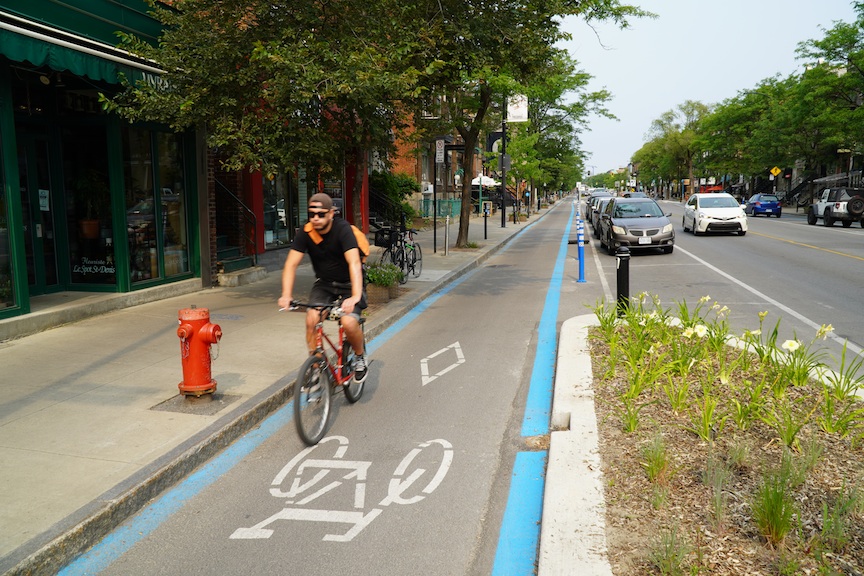
His joy and ride of choice is an old rusty steed – a 3-speed 1970 Raleigh from Denmark that makes funny noises will do just fine – while he contemplates getting an e-bike down the road.
The renowned Copenhagenize Index was born four years after opening shop. Heralded as the most comprehensive and holistic ranking of bicycle-friendly cities in the world, the bi-annual Index started off as an internal office competition, to see “who was more friendly”, but quickly turned into a more formalized research project.
It differs from other bike-friendly lists, due to its “broad and holistic approach,” explains Wexler, taking into consideration both quantitative and qualitative data. Things like advocacy and politics are important factors that are generally not included by other rankings, which tend only to look at hard data. “We’ve tracked the changes in hard and soft data for over 10 years, creating a very rich data set,” he adds.
Unfortunately, due to the shift in mobility patterns resulting from the pandemic, the 2021 Index is currently on hold. As the Copenhagenize team tries to determine the next publishing date, cities around the world are on the fast-track to improve their cycling infrastructure and culture which means we could see some new names on the renowned Index.
For more information please visit here.








